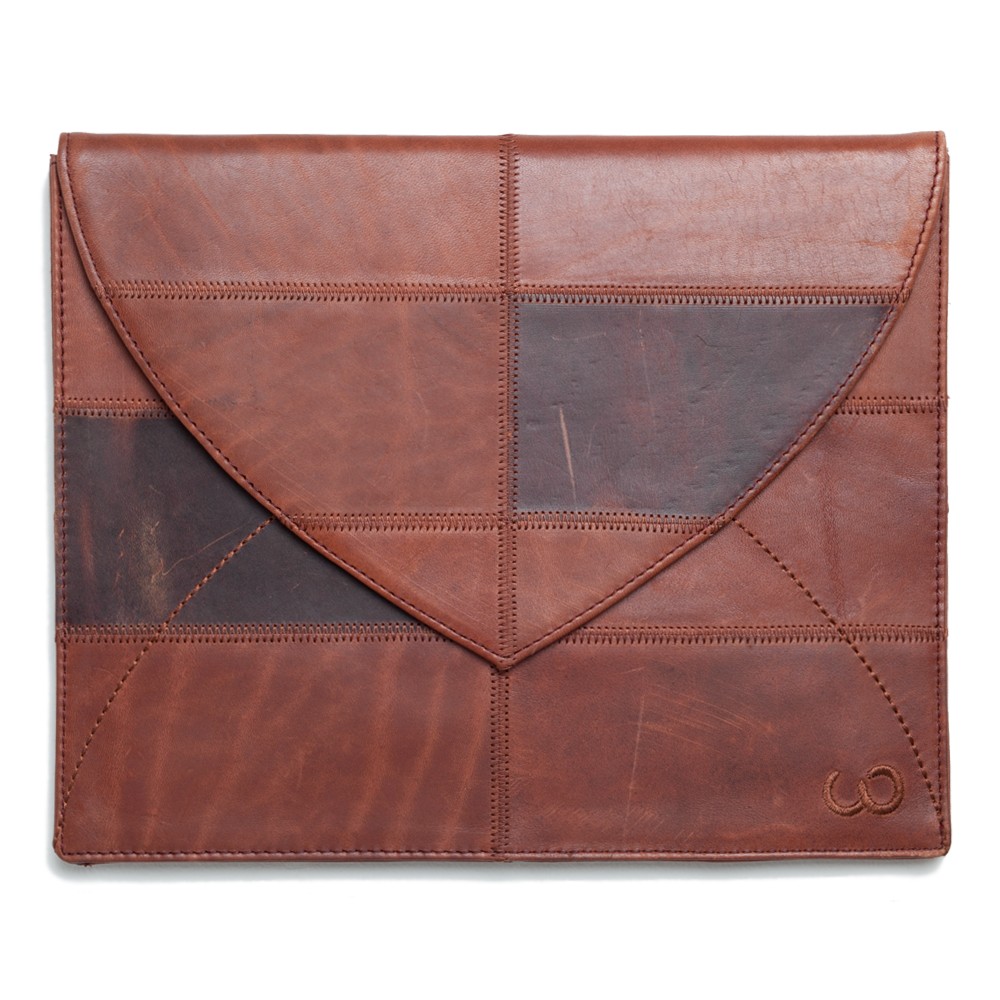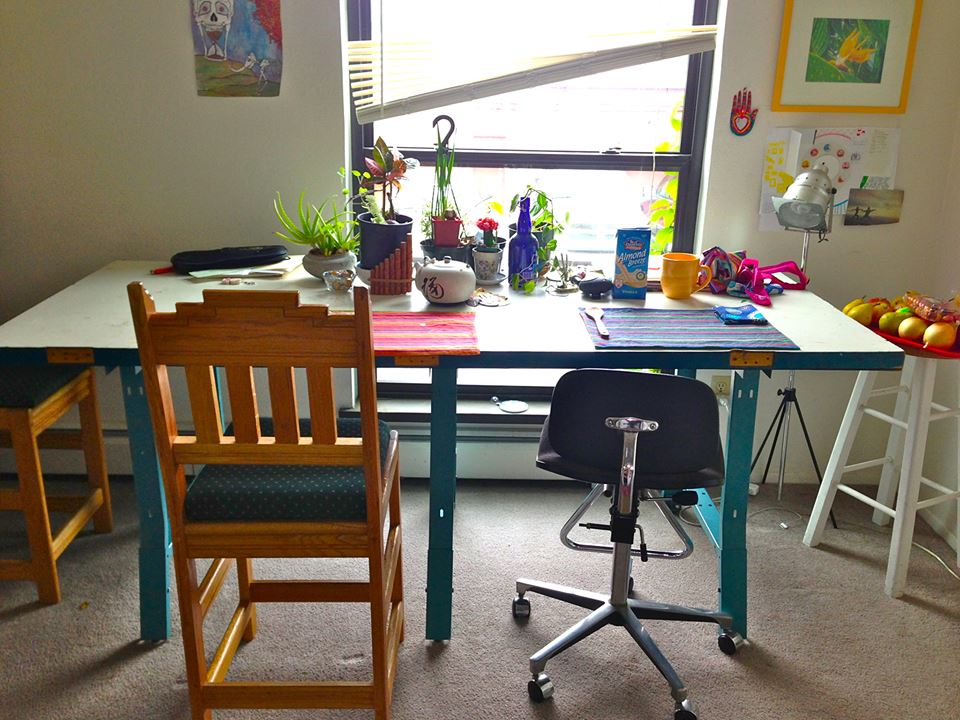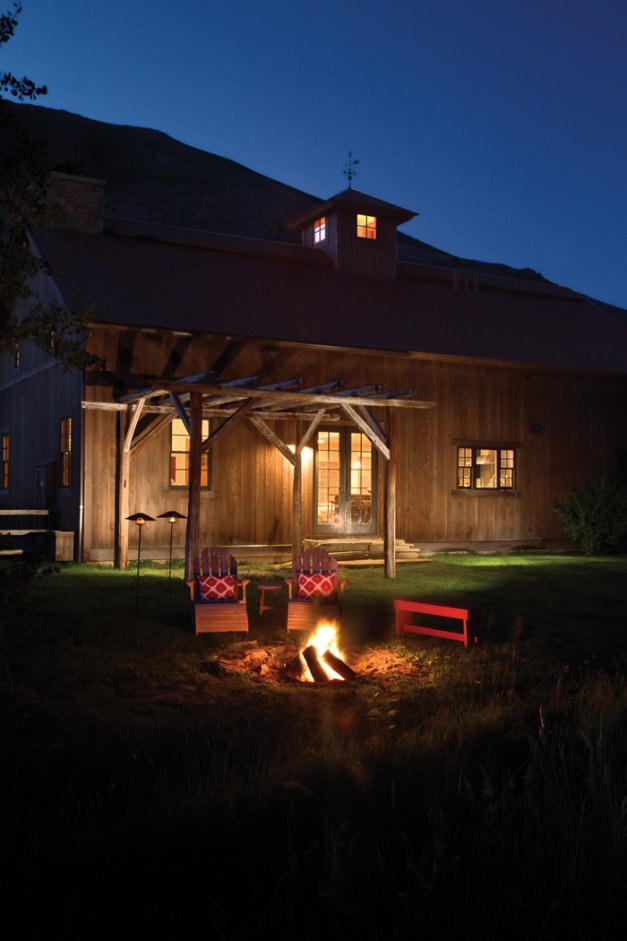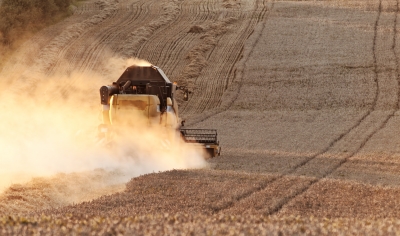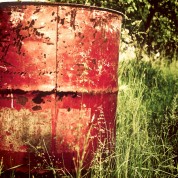
There is no such thing as waste. In earth’s system, everything is food for something else. And yet, our modern human systems often misalign with this law of nature. Our waste sits in landfills that cannot process it, while most of what we throw away is still valuable material. Many wisdom traditions and native cultures live in harmony with the planet, and some smart businesses are waking up to this truth. It’s called up-cycling, and it is the practice of using waste as valuable food for creation and manufacturing. Instead of down-cycling, which converts materials into products of lesser quality, up-cycling creatively converts materials into products of greater quality. The practice has gained popularity in recent years from big companies like Nike to a rise in Etsy goods touting up-cycled creations. Here, 4 examples of upstanding up-cyclers.
LOOPTWORKS of Portland, Oregon takes abandoned materials and repurposes them into meaningful, long-lasting, and limited-edition t-shirts and media cases. All of their materials come from top quality products that already exist. Last month they released a new line of 100% upcycled premium leather cases for phones and tablets. “We provide durable protection for your electronics without sacrificing style. The new line saves water and combats the excessive carbon emissions of traditional manufacturing…Each day, one factory may generate as much as 4,500 pounds of excess scrap leather,” says LOOPTWORKS co-founder Scott Hamlin, “working with leather tanneries, LOOPTWORKS transformed these unused cuttings into long-lasting, quality products that are fun, unique and appeal to a range of tastes, preferences and styles. Combining a quality product with the feel-good-factor of helping the environment.” Along with eco-conscious companies like Seamly.co, LOOPTWORKS is shifting the way we think about what’s fashionable. Shop LOOPTWORKS here.
ReSource of Boulder, Colorado takes construction materials and converts them to low-cost, well-designed furniture, or lets you take materials home to be creative yourself. Since 30% of landfill waste comes from construction material, and 95% of that can, and needs to be recycled, ReSource offers a home to these materials before they reach the dump. They offer tax deductions for deconstruction plans that take materials directly to their lot. Beyond the materials, ReSource is involved in the social side of business as a job incubator, creating 7 employment opportunities in recycling and upcycling for every 1 job it takes to bring waste to the landfill. As the cost of landfills rises, municipalities increasingly move to zero waste and provide incentives for deconstruction plans, and ReSource is an educational source of guidance for other areas making the shift.. ReSource exemplifies nature’s law that considers waste an opportunity for food, and empowers local artists with materials for awesome furniture.
Bashista Construction of Ketchum, Idaho offers quality home building with use of upcycled materials. Co-owner/manager Josh Glick developed his own home out of an upcycled 200 year-old barn deconstructed and hauled from his native home in Vermont. Their mission resonates with the values of the environmental movement. “Planned obsolescence and the idea that the economy could only survive if things were not built to last, but to be replaced, is itself becoming obsolete. The challenging economic times and ever-growing awareness about environmental impacts are forcing people and companies to consider new ways of reusing materials traditionally headed for the trash heap…Not only is upcycling often a smart financial move, it can add beauty and value to your home. The green building trend may be in high gear but there is one source that is often overlooked—salvaged supplies!” Beginning with his own home, Josh and Bashista Construction became a model for the rest of the business to consider the sustainable value of upcycling for business.
Step Forward Paper of Winnepeg, Canada takes wheat straw agricultural waste and upcycles it to create high-quality paper products, purportedly saving a tree for every two boxes purchased. Co-founded by nature-loving actor Woody Harrelson, their goal is to move from 80% tree-free paper (the other 20% is made from certified Forest Stewardship Council wood fibre) to 100% tree-free, saving the forests by selling a different kind of paper. You can now find their affordable product in Staples stores.
Many are waking up to the value of what we have already harvested. Honoring the laws of nature brings us closer to our role as stewards of this planet, because what we give care to sustain will return the favor to us…So remember to think before you toss! Someone’s trash may be your food for fashionable and functional furniture and clothing. Your trash may be someone elses food for creative materials.
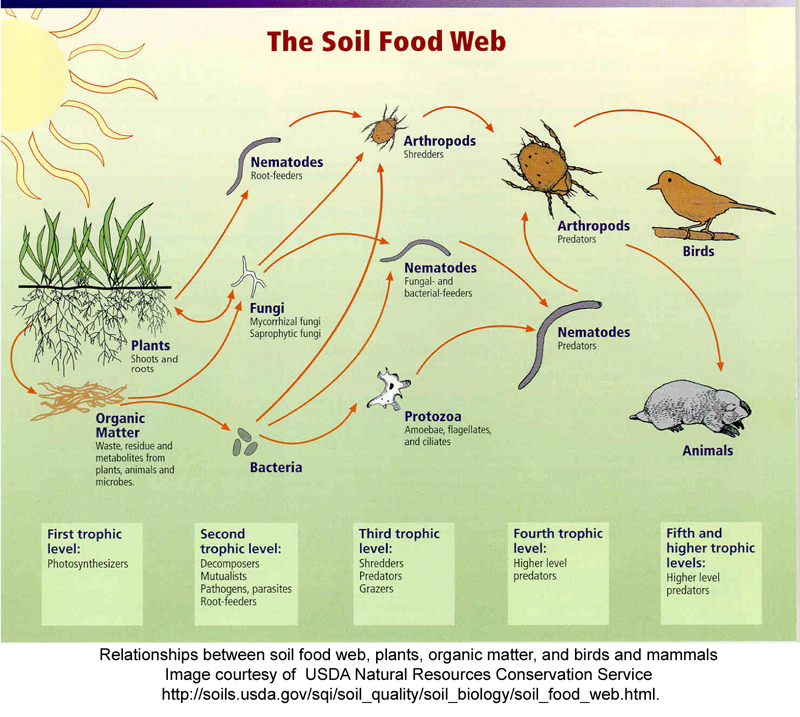
For more ideas and inspiration, check out Upcycle That, Pinterest or Ask Nature herself, who cycles everything back for food.

